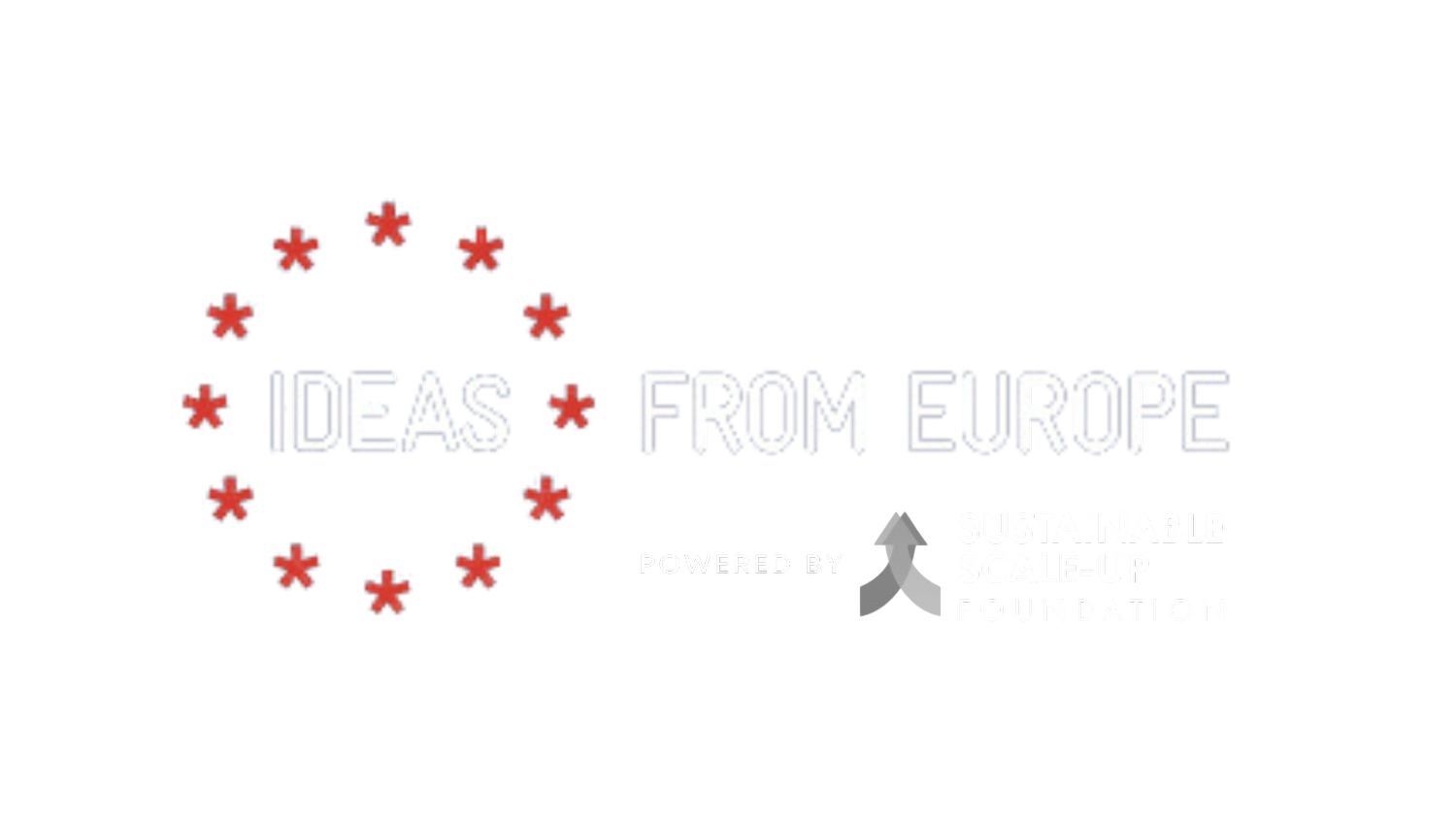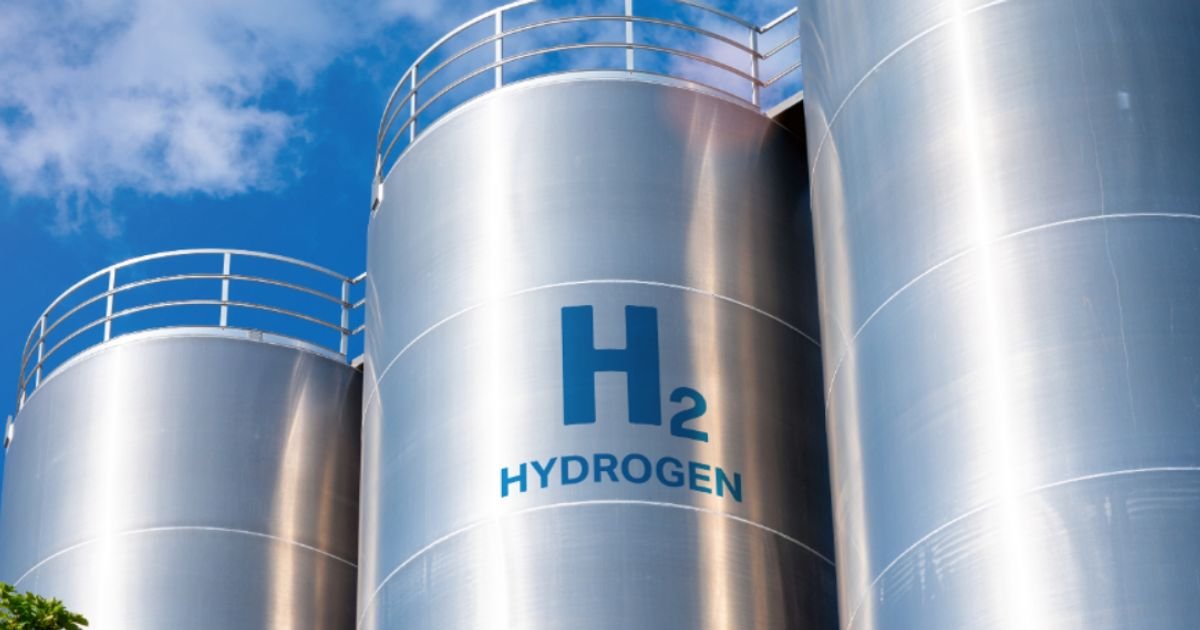Hydrogen as an Indirect Greenhouse Gas: Minor Issue or Major Concern?
Featured image: Proactive Investors
While hydrogen developments are in full swing, there is increasing scientific attention to the climate risks of hydrogen emissions. This necessitates a careful examination of the scientifically proven benefits and drawbacks of hydrogen, without dampening our enthusiasm for the energy transition. A crucial question is: how do we ensure a hydrogen economy that minimises negative climate impacts?
The Netherlands aims to lead Europe in developing the hydrogen economy. With our well-developed ports, transportation and storage facilities, strategic location, existing industries, experience with hydrogen, and access to offshore wind energy, we are well positioned to do so. The growing hydrogen economy offers valuable market opportunities for manufacturers both domestically and internationally. No wonder hydrogen developments are thriving in our country.
More than 1,000 Dutch companies are already engaged in this emerging market. Significant investments are being made in hydrogen; besides the growth fund, over 622 million euros in subsidies are available through RVO alone for hydrogen initiatives. Efforts are also underway to establish the hydrogen backbone, a 136,000 km pipeline network that will gradually connect industrial clusters, production, and storage sites domestically and abroad from 2027. The Netherlands is fully committed to hydrogen across the entire value chain and sectors, from generation and transportation to industrial applications, maritime, road transport, and residential heating.
Hydrogen itself is not a greenhouse gas. However, when hydrogen enters the atmosphere, such as through small leaks, it triggers a series of reactions that increase concentrations of other greenhouse gases like methane, ozone, and water vapour. This is because hydrogen reacts with OH, the "cleaner" of the atmosphere. More hydrogen in the atmosphere means less OH is available to break down methane, allowing methane—a potent greenhouse gas—to persist longer. Methane warms the planet 28 times more than carbon dioxide over 100 years and 84 times more over 20 years. Additionally, hydrogen's reaction with OH produces water vapour and H. When H (atomic hydrogen) is released it sets in motion a chain of reactions that eventually generate ozone. This ozone is created near the earth and, unlike in the ozone layer itself, acts there as a greenhouse gas. Water vapor is also a greenhouse gas.
Figure 1: Reprinted from: "Climate consequences of hydrogen emissions" B. Ocko & Steven P. Hamburg
These reactions make hydrogen's indirect greenhouse gas effect about 12 times stronger than that of CO2 over a 100-year time scale, and 35 to 40 times stronger over the first 20 years. Figure 2 illustrates the climate effects of blue hydrogen (produced from fossil fuels with carbon capture) and green hydrogen (made with renewable electricity) compared to fossil fuels. The exact amount of hydrogen that will leak into the atmosphere, both intentionally and unintentionally, is still unknown. Research is ongoing, and more accurate measurements will be possible with new, better instruments. The figure assumes that, in the best case, 1% of hydrogen leaks somewhere between production and use, and in the worst case, 10%. For blue hydrogen, it is also assumed that between 1% and 3% methane leaks.
As the figure shows, hydrogen emissions can significantly reduce the climate benefits of hydrogen. The negative effects are greater in the short term (20 years) than in the longer term (100 years). Since hydrogen leaks can never be completely avoided, this means that while hydrogen is better for the climate than fossil fuels in most scenarios, it is not a net-zero solution. Scientists have long known about the indirect warming effects of hydrogen, but the magnitude of the effect was underestimated. Recent research indicates the effect is larger than previously thought.
Figure 2: Reprinted from: "Climate consequences of hydrogen emissions" B. Ocko & Steven P. Hamburg
The figure above only shows the effects of blue and green hydrogen. Currently, however, 99% of the hydrogen produced is still grey, meaning that no carbon capture techniques are used. The effect of grey hydrogen on climate change is stronger than direct emissions from fossil fuels.
Should we stop using hydrogen?
Hydrogen has several significant advantages over other energy carriers and will play a crucial role in the future energy mix. Given this new knowledge, we must strive to minimise hydrogen emissions. Hydrogen is a very small molecule, likely to escape more easily from pipes, fittings, and installations than natural gas. However, we don't yet know how much hydrogen will escape. Current field measurement techniques cannot accurately measure leakage levels relevant to the climate (parts per billion) in real-time, but equipment is under development. To ensure the successful implementation of hydrogen from the start, we must use hydrogen only where no cleaner alternatives, such as green electricity, are feasible, and monitor leaks with the best available techniques. The goal is to detect and fix leaks, learning from them to inform future strategic choices and engineering designs. By getting hydrogen development right from the beginning, we can avoid significant concerns in the future.
You are invited to a meeting on this topic on June 19 in Rotterdam, featuring speakers from science and industry. You can learn more about the event here.
You can register here. Want to know more? Email suzanne@ideasfrom.eu.
Sources
Ocko, Ilissa, and Steven P. Hamburg. “Climate Consequences of Hydrogen Emissions.” Atmospheric Chemistry and Physics 22, no. 14 (July 20, 2022): 9349–68. https://doi.org/10.5194/acp-22-9349-2022.
Blogs, Edf. “New Research Reaffirms Hydrogen’s Impact on the Climate, Provides Consensus.” Energy Exchange, January 17, 2024. https://blogs.edf.org/energyexchange/2023/07/19/new-research-reaffirms-hydrogens-impact-on-the-climate-provides-consensus/.
Esquivel-Elizondo, Sofia, Alejandra Hormaza Mejia, Tianyi Sun, Eriko Shrestha, Steven P. Hamburg, and Ilissa Ocko. “Wide Range in Estimates of Hydrogen Emissions From Infrastructure.” Frontiers in Energy Research 11 (August 4, 2023). https://doi.org/10.3389/fenrg.2023.1207208.
Blogs,Environmental Defense Fund. “Known Unknown: Current Hydrogen Leak Estimates Vary by up to 100-fold. We Need to Know More Before Betting the Farm.” Energy Exchange, January 17, 2024. https://blogs.edf.org/energyexchange/2023/08/16/known-unknown-current-hydrogen-leak-estimates-vary-by-up-to-100-fold-we-need-to-know-more-before-betting-the-farm/.
Environmental Defense Fund. “Hydrogen Energy: Climate Hope or Climate Hype? | Ilissa Ocko’s Talk at SXSW 2023 | Extended Version,” March 15, 2023. https://www.youtube.com/watch?v=bLBc5mwYA68.
Ministerie van Economische Zaken en Klimaat. “Government Allocates €646 Million to Projects Designed to Boost Economic Growth.” English | Nationaal Groeifonds, August 11, 2021. https://www.nationaalgroeifonds.nl/english/government-allocates/government-allocates-%E2%82%AC646-million-to-projects-designed-to-boost-economic-growth.
Ministerie van Economische Zaken en Klimaatbeleid en Nationaal Klimaatakkoord Nederland. Routekaart Waterstof voor Nederland,. Nationaal Waterstofprogramma, n.d. https://www.nationaalwaterstofprogramma.nl/documenten/handlerdownloadfiles.ashx?idnv=2339011
Milieu Centraal. “Waterstof: Welke Kansen Zijn Er?,” n.d. https://www.milieucentraal.nl/klimaat-en-aarde/energiebronnen/waterstof/.
IEA. “The Future of Hydrogen – Analysis - IEA,” June 1, 2019. https://www.iea.org/reports/the-future-of-hydrogen.
NL Dutch Solutions for a Hydrogen Economy. NL Hydrogen Guide. Netherlands Enterprise Agency,https://www.rvo.nl/sites/default/files/2022-05/NL-Dutch-solutions-for-a-hydrogen-economy-V-April-2022-DIGI.pdf.
Green Hydrogen Organisation. “Netherlands,” n.d. https://gh2.org/countries/netherlands#:~:text=Capacity%20and%20capacity%20targets,to%20IPHE%20by%20November%202021).
Environmental Science & technology. ‘’Climate Impacts of Hydrogen and Methane Emissions Can Considerably Reduce the Climate Benefits across Key Hydrogen Use Cases and Time Scales’’ February 21, 2024
https://pubs.acs.org/doi/10.1021/acs.est.3c09030
Frontiers. ‘’Wide range in estimates of hydrogen emissions from infrastructure’’ August 4, 2023
\https://www.frontiersin.org/articles/10.3389/fenrg.2023.1207208/full



